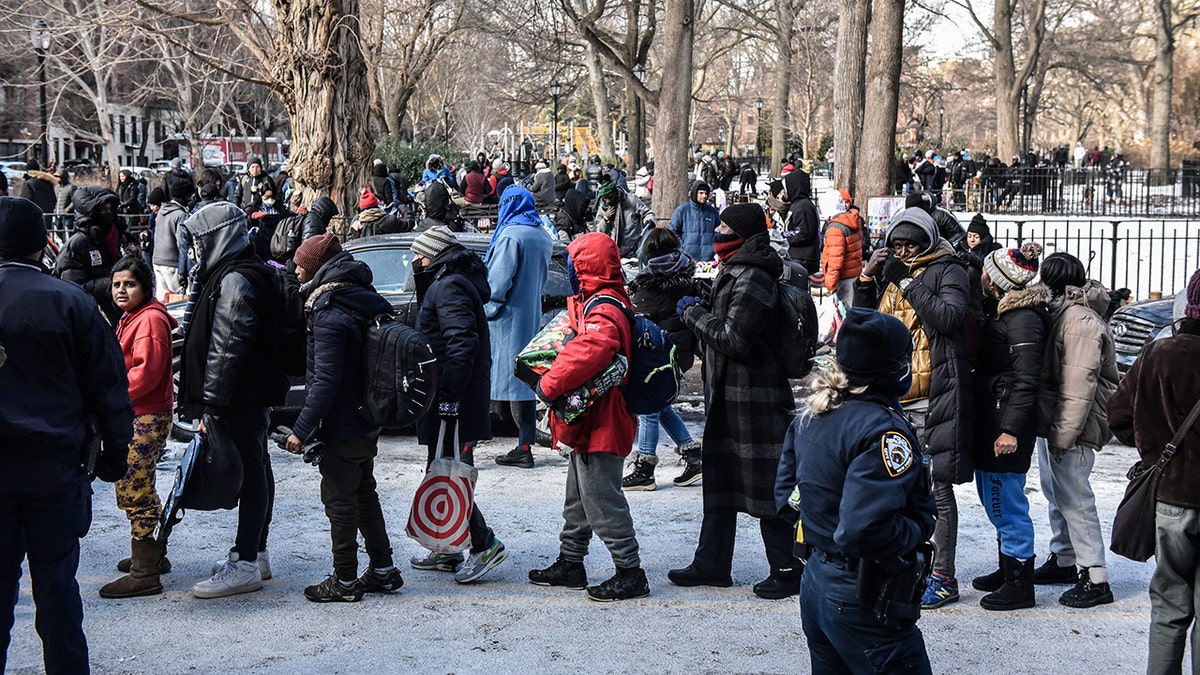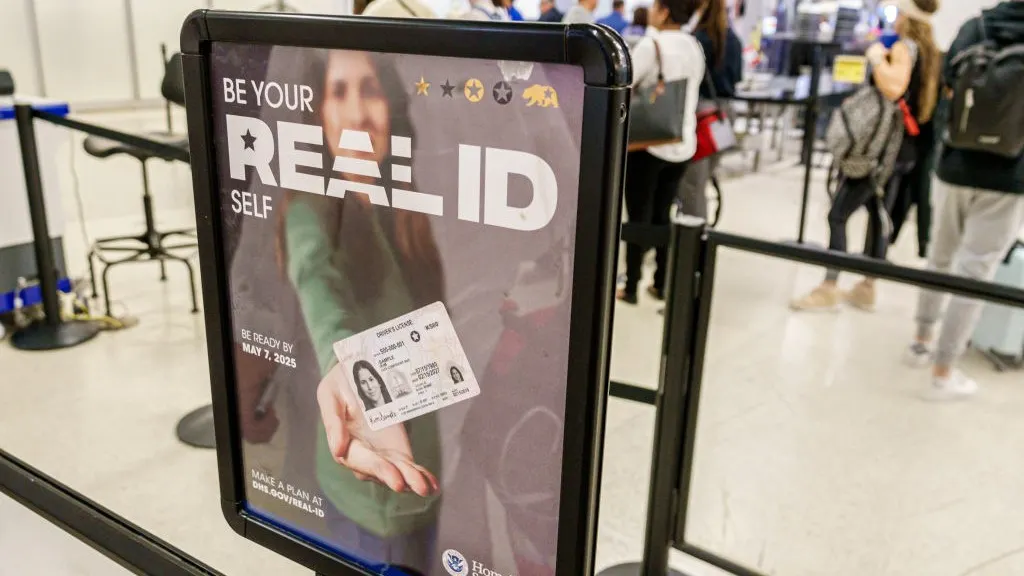Join Fox News for access to this content
Plus special access to select articles and other premium content with your account - free of charge.
By entering your email and pushing continue, you are agreeing to Fox News' Terms of Use and Privacy Policy, which includes our Notice of Financial Incentive.Please enter a valid email address.
Having trouble? Click here.NEWYou can now listen to Fox News articles!
As America stands at a crossroads – reassessing how we manage public services, strengthen our borders and privatize select government functions – one often-overlooked factor carries significant consequences for our future: how we effectively respond to homelessness.
Supporting the homeless in healing and becoming productive members of society is not just about compassion; it is also a strategic investment in America’s long-term prosperity and strength.
For the past decade, our nation’s one-size-fits-all policy approach to homelessness, Housing First, has sought to offer lifelong housing to every homeless American – without funding or mandates for addiction and mental health treatment, job training, or life-skills development.

A homeless man sits in his tent with a river view in Portland, Oregon, June 5, 2021. (AP Photo/Paula Bronstein)
Forced upon us by overzealous bureaucrats who assured it would eliminate homelessness within a decade, the policy has instead fueled the crisis. Many frontline leaders foresaw its failure, but we could not have imagined the full scale of devastation it would unleash.
WHY BLUE STATE POLICIES ARE CAUSING EVEN MORE HOMELESSNESS IN AMERICA
Homelessness has erupted into a full-blown catastrophe, reaching its highest point in recorded history, with bodies sprawled throughout America’s streets, lives lost daily and communities unraveling.
Far from fostering stability, Housing First has institutionalized dependency – at the individual level, within the nonprofit sector and among local policymakers.
Those struggling with homelessness face three primary deficits that keep them stuck:
Deficit of Income: While seemingly obvious, homeless individuals often lack the capability to earn enough to meet their basic needs. Without intervention, they remain in a cycle of poverty. We must help the homeless grow their earnings through job training and financial literacy programs, enabling them to live within their means.

Homeless people in San Diego, California, on Jan. 8, 2025. (Derek Shook for Fox News Digital)
HOMELESS PEOPLE NEED MORE THAN A HOUSE. THEY NEED SOMETHING MONEY CAN'T BUY
Deficit of Support: If you or I were to become homeless tomorrow, we would have family and friends to lean on for a hand-up. Not so for most people on the streets. They often have no support network. We must help them repair or rebuild their support systems – offering ongoing encouragement and guidance – so they are not left to struggle alone.
Deficit of Purpose: Human beings are designed for purpose. Those experiencing homelessness may have lost their way, but they have not lost the intrinsic purpose for which they were designed. We must help them rediscover their value to reignite their sense of self-worth.
Too often, it is suggested that affordable housing is the silver bullet. It is not.
Housing alone does nothing to address the income, support and purpose deficits that accompany homelessness.
Homelessness is a health and human services emergency – deeply linked to mental health, substance abuse and individual well-being.

Homeless migrants wait in line to receive food and clothing donations in Tompkins Square Park on Jan. 20, 2024 in New York City. (Stephanie Keith/Getty Images)
I’M A BLUE STATE MAYOR AND THE FUTURE OF HOMELESSNESS SCARES ME
Human First programs like the one I led for 13 years – Northern California’s largest program for homeless women and children – prove that addressing these issues and others that often accompany homelessness yields lasting results.
By integrating treatment, job training, life-skills and accountability with temporary housing, thousands of formerly addicted single mothers achieved sobriety, secured employment and some even became California homeowners.
Our $19,000 annual cost per person was a fraction of the short-term expense, and a substantial reduction in the long-term public burden that creates massive strain on public systems.
Homeless individuals with untreated addiction and mental illness cost taxpayers between $30,000 and $50,000 annually in emergency services, health care and law enforcement expenses.
To reverse this crisis, we must dismantle the disastrous federal mandates that have shackled the homeless, local communities and innovation.
THESE CITIES' FEIGNED COMPASSION MAKING DRUG AND HOMELESSNESS CRISES WORSE
Housing Secretary Scott Turner’s bold proposal to slash HUD’s bureaucracy and redirect its focus is a vital step. Massive cuts to the agency’s inefficiency and rigidity will empower local governments with the flexibility to create tailored, results-driven solutions.
Equally promising is the idea of block-granting homelessness funds directly to states – or better yet, counties. Counties, as frontline providers of health and human services, are best positioned to deliver precise, accountable care. Unlike states, counties have granular, real-time insights into their communities’ needs and can implement nimble, localized solutions.
Moreover, routing funds through counties rather than states ensures that every dollar stretches further as each layer of bureaucracy siphons off resources. By directing funding to the county level, we reduce administrative waste and ensure resources swiftly reach those in need.
However, these reforms, alone, will not reverse the nation’s crisis.
CLICK HERE FOR MORE FOX NEWS OPINION
For 11 years, state and county officials have been under HUD’s thumb, forced to implement Housing First as homelessness, overdose deaths and public disorder surged in their communities, constrained in challenging it for fear of losing funding.
Secretary Turner must also consider how to equip local leaders who are lost when it comes to ways to quickly and effectively reverse their metastasizing crisis.
Homelessness is far more than a moral dilemma. It is a national emergency with profound economic, social and security implications at every level of government.
CLICK HERE TO GET THE FOX NEWS APP
As we champion border security and streamlined government functions, we must recognize that helping the homeless become productive is not only fundamental to their success – it is equally fundamental to ours.
The more individuals we restore, the stronger we become as a nation. In empowering the homeless to rebuild their lives, we are rebuilding America – one restored life at a time.













